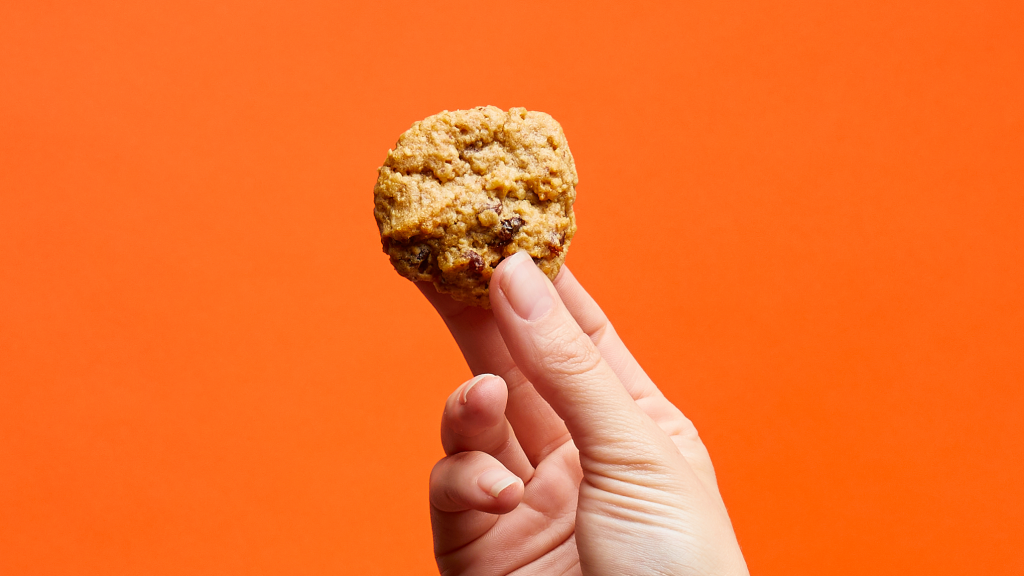
Are edibles legal in New Jersey? | NJ Edible Law
At last, recreational merchandise sales have started in the state of New Jersey. Two years after Garden State citizens voted in the polls demanding cannabis legalization, the first recreational cannabis dispensaries opened their doors to the public just a few weeks ago, on April 21, 2022. Since then, it’s clear that sales of recreational cannabis are a hit.
According to the New Jersey Cannabis Regulatory Commission, around 12,000 people purchased legal cannabis products from the state’s 12 open dispensaries on the first day alone, spending approximately $2 million in the process. That’s a whole lot of cannabis flower, resin, wax, chips, capsules, and tinctures. However, what recreational shoppers in the Garden State still can’t get their hands on are cannabis-infused edibles. The law doesn’t allow brownies, jelly beans, cookies, or any other cannabis product that is “edible-like.”
But why are cannabis-infused edibles still taboo in Jersey? And what exactly counts as edible and what doesn’t?
Browse retailers in New Jersey
Are edibles legal in New Jersey?
No, not at this point. Because unlike some cannabis laws across the country, New Jersey law is very clear about what forms of cannabis are permitted. Legal cannabis falls into two simple categories: ingestible cannabis products and inhalable cannabis products. Edibles are not currently included in the ingestible cannabis category.
Let’s delve a little deeper into each of these categories to understand why.
Inhalable Cannabis Products
Under New Jersey law, forms of cannabis specifically intended to be inhaled through smoke or vapor — such as dried cannabis flower, concentrates, and vape cartridges — are all considered smokable products. There are no real curveballs or surprises here.
Ingestible Cannabis Products
When it comes to edibles, things get a little more specific. As New Jersey state law is currently written, the only forms of non-smokable cannabis products legally available to recreational users are products such as tablets, pills, syrups and tinctures. That means the THC-infused candies, drinks, and pastry-style treats found in dispensaries in states like Colorado, California, and Oregon aren’t legal.
Gina Coleman/Weedmaps
Why are edibles illegal in New Jersey?
The piece of legislation that bans the sale of products like brownies, cookies and cakes in pharmacies is as clear as it gets. It states that cannabis products sold in New Jersey dispensaries must not resemble “commercially manufactured or trademarked” food or animals, characters, fruits and other artistic images. Therefore, for the time being, the law does not allow the manufacture and sale of cannabis edibles.
Lawmakers have said they included this language in the legalization bill for two reasons.
First, state legislators have expressed concern that minors could get their hands on THC-containing products. When kids encounter edibles like pot brownies and THC-rich cookies, they’d probably be more likely to eat these than a capsule or tincture.
The second factor is the lack of testing facilities. The New Jersey Cannabis Regulatory Commission is unable to test the potency and purity of commercially produced cannabis edibles while setting statewide health and safety standards.
What is the state missing?
While it’s clear that the state has reasons for not allowing the sale of recreational edibles, statistics show that New Jersey is missing out on a lot of profits. In key adult-using states, sales of edibles, particularly gummies and other chewy candies, have outpaced overall cannabis sales. Additionally, the US market for non-alcoholic THC-infused beverages is expected to be worth as much as $1 billion by 2025 as young people shift from binge drinking to enjoying cannabis products instead. That’s a lot of tax revenue that could flow into the state coffers.
Luckily, savvy New Jersey cannabis lovers can still whip up a batch of pot brownies in their own kitchen using flowers they bought at a dispensary. That’s a good thing, as you won’t be able to buy them from a pharmacy for the foreseeable future.

Post a comment: